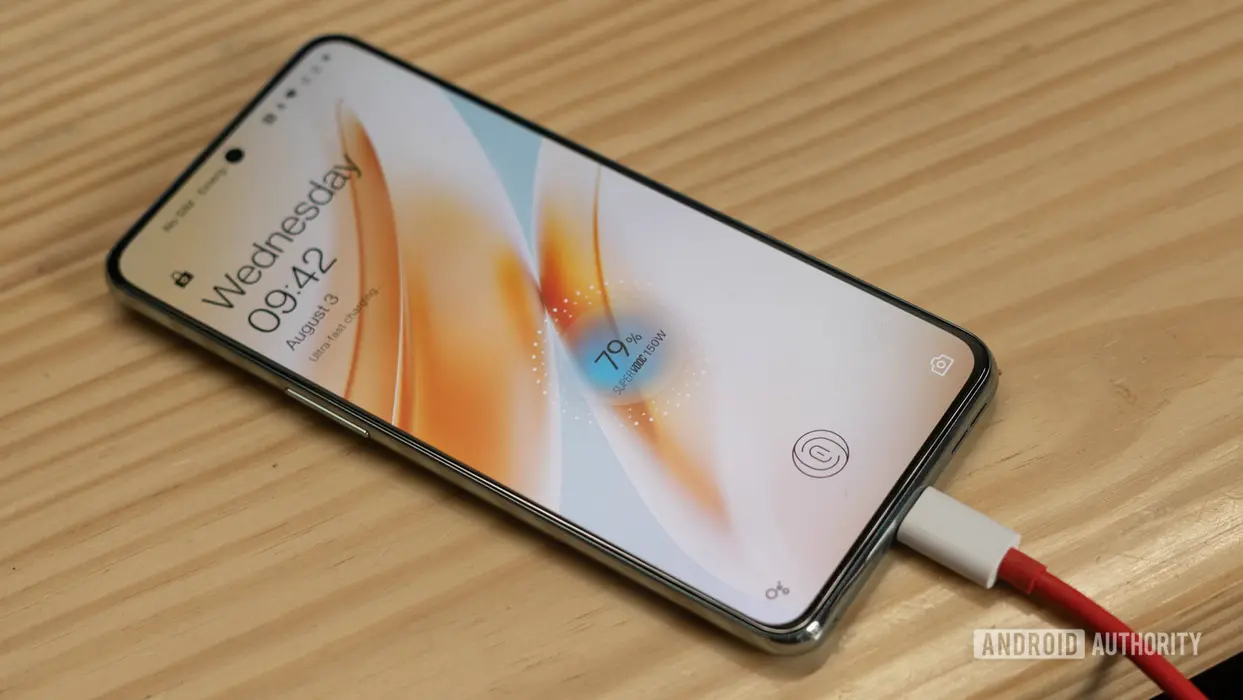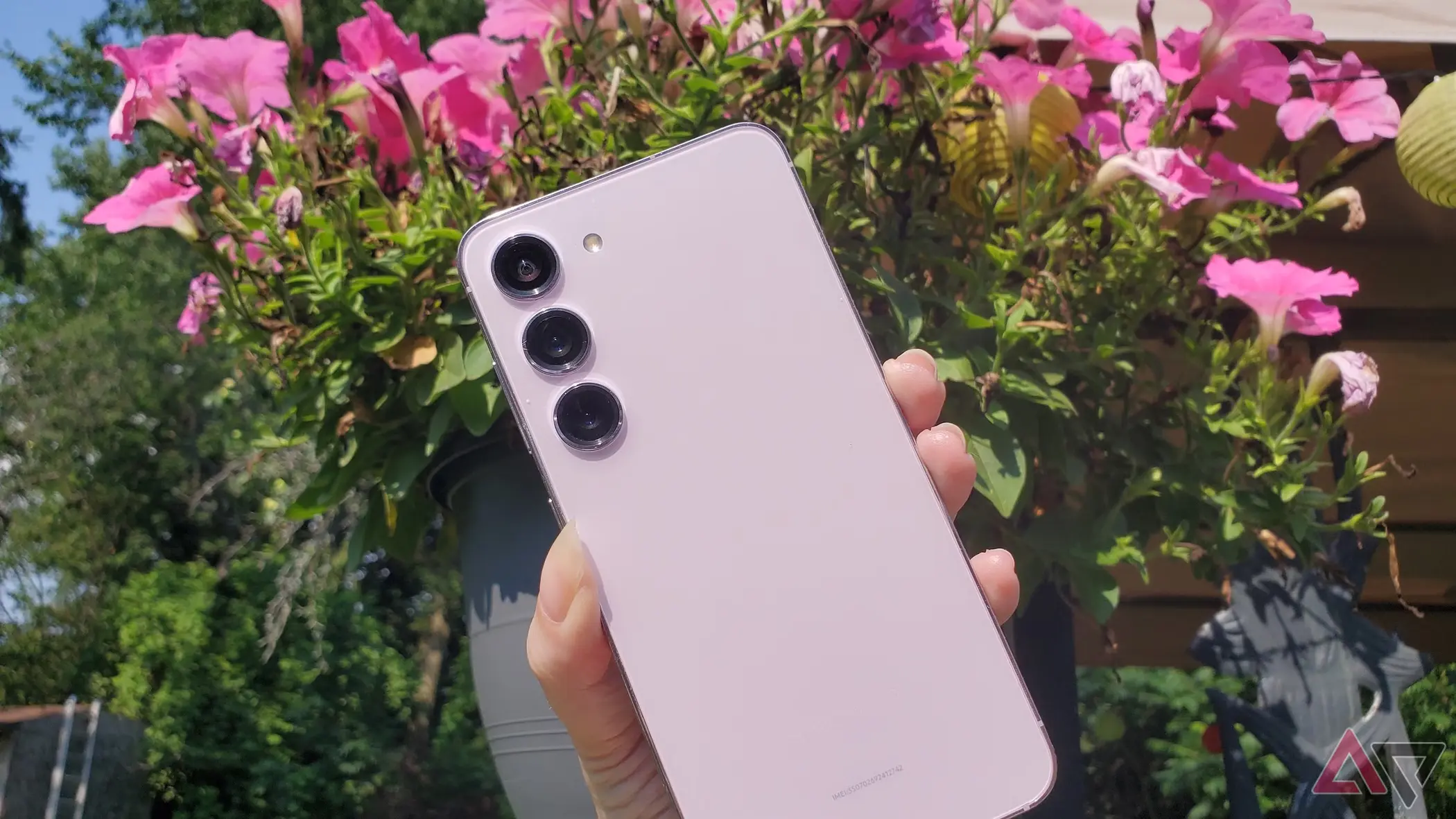T4K3.news
Smartphones reshape attention and daily life
A podcast discusses how smartphones affect attention and social behavior and why some people are moving toward dumbphones.

A podcast discusses how smartphones affect attention and social behavior and why some people are moving toward dumbphones.
Smartphones reshape attention and daily life
Ninety one percent of Americans own a smartphone, and more than half say they spend too much time on their devices. In a recent episode of It's Been a Minute, host Brittany Luse talks with Magdalene Taylor and Fio Geiran about what phones do to our brains and our lives. They describe a study showing that even when phones are silent, their proximity can pull attention away from a task, and people perform worse on tasks when the phone sits nearby.
The conversation also explores the appeal of dumbphones and nostalgia for older models like the BlackBerry. Polls cited in the program show many adults feel they use their phones too much, especially younger adults. The guests stress that changing this habit is not just about willpower; it is about creating spaces for real connection—nature, friends, and solo time—that interrupt the phone habit.
Key Takeaways
"The effects of your phone are there even when you're not using it at all."
Fio Geiran describing attention pull
"We are at a point where we need to be asking ourselves if this relationship with our phones is benefiting us."
Magdalene Taylor on personal responsibility
"The closer the phone was to the person, the more it pulled them from the task."
Experiment described in the episode
The episode frames phone use as a social habit shaped by design and culture. It highlights the tension between personal responsibility and the larger systems that encourage constant connectivity. By offering practical steps, the discussion shifts the focus from blame to balance and shows that change can start with small, intentional choices.
If the trend toward simpler devices grows, it could push tech makers to rethink engagement tactics and how they market to users. The piece also raises questions about feasibility and fairness, since work and school often require devices. In essence, it prompts readers to consider what kind of life they want to lead with phones as a constant presence.
Highlights
- Even when silent, the phone still pulls our attention
- Dumbphones offer a small rebellion against constant connection
- This relationship with our phones is not only about willpower
- A space for nature or friends can interrupt phone habits
Digital wellbeing debate raises potential backlash
The discussion centers on how constant connectivity affects attention and mood. It could provoke backlash from tech supporters and advertisers while raising questions about privacy and everyday balance.
Small, deliberate changes can reshape our daily rhythms.
Enjoyed this? Let your friends know!
Related News

Fast charging reshapes daily use
Pixel 10 leaks suggest lack of major changes

OpenAI confirms AI hardware project with Jony Ive

Smartphone Use Before Age 13 Linked to Mental Health Issues

Texas Democrats press ahead with redistricting walkout

Meghan and Harry Neighbors Draw Mixed Reactions in Montecito

Growing awareness of ADHD triggers

Samsung Galaxy S23 remains favored smartphone model
